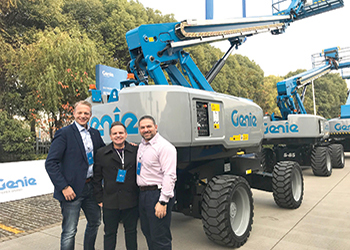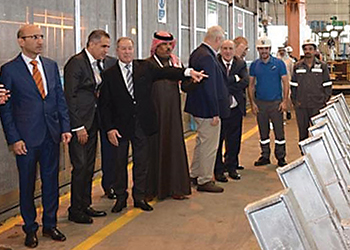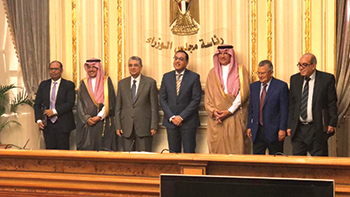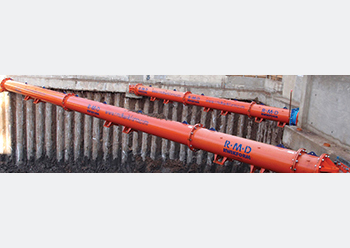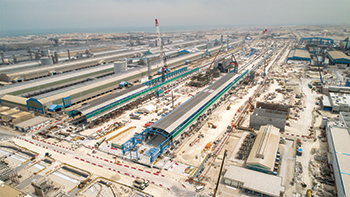
The foundation stone for the modernisation project of Bahrain Petroleum Company (Bapco) refinery, considered to be the biggest industrial project in the history of Bahrain, was laid last month.
HRH Prime Minister Prince Khalifa bin Salman Al Khalifa laid the foundation stone in the presence of HRH Prince Salman bin Hamad Al Khalifa, Crown Prince, Deputy Supreme Commander and First Deputy Premier, said a Bahrain News Agency report.
During a celebration held in Awali, HRH the Premier underlined the government’s resolve to fast track the kingdom’s development by supporting giant ventures aimed at serving the industrial sector.
The Bapco Modernisation Programme (BMP) represents a major expansion and upgrade of the facility that will allow the total refinery throughput to increase up to 380,000 barrels per day (bpd). This will increase the refinery’s capacity by 42 per cent, from the existing 267,000 bpd.
Its resid hydrocracking unit converts 78 per cent of lower grade feedstock into distillates which will then be refined into high margin diesel and kerosene. It will take 90 million safe man-hours to build. The BMP project will create more than 1,500 new jobs during construction, and 150 permanent high-skill jobs.
The programme will require a total of 24,000 contractor staff on site. BMP will occupy 565,631 sq m and it will require 65,000 tonnes of structural steel and more than 2,700 km of electrical cabling.
TechnipFMC, jointly with Samsung Engineering and Tecnicas Reunidas, were earlier awarded a $4.2-billion contract by Bapco for the project. The project will be executed on engineering, procurement, construction and commissioning (EPCC) lump sum turnkey basis and is slated for completion in 2022.
It includes the following main units: Residue Hydrocracking, Hydrocracker, Hydro Desulfurisation Unit, Crude Distillation, Vacuum Distillation, Hydrogen Production, Hydrogen Recovery, Sulphur Recovery, Tail Gas Treatment, Sour Water Stripper, Amine Recovery, Bulk Acid Gas Removal, Sulphur Solidification units; Saturated Gas Plant; and Sulphur Handling Facilities. Utilities and offsites are also part of the scope.
The project will also include a delayed coker unit, which is intended to produce coke from heavy refining residues, which is a raw material in electrodes production for the aluminium industry. The coke produced can be used by the nearby Aluminium Bahrain’s (Alba) calcine unit. Alba will be able to use all the coke produced by the delayed coker.





















_0001.jpg)


.jpg)
















.jpg)








.jpg)



